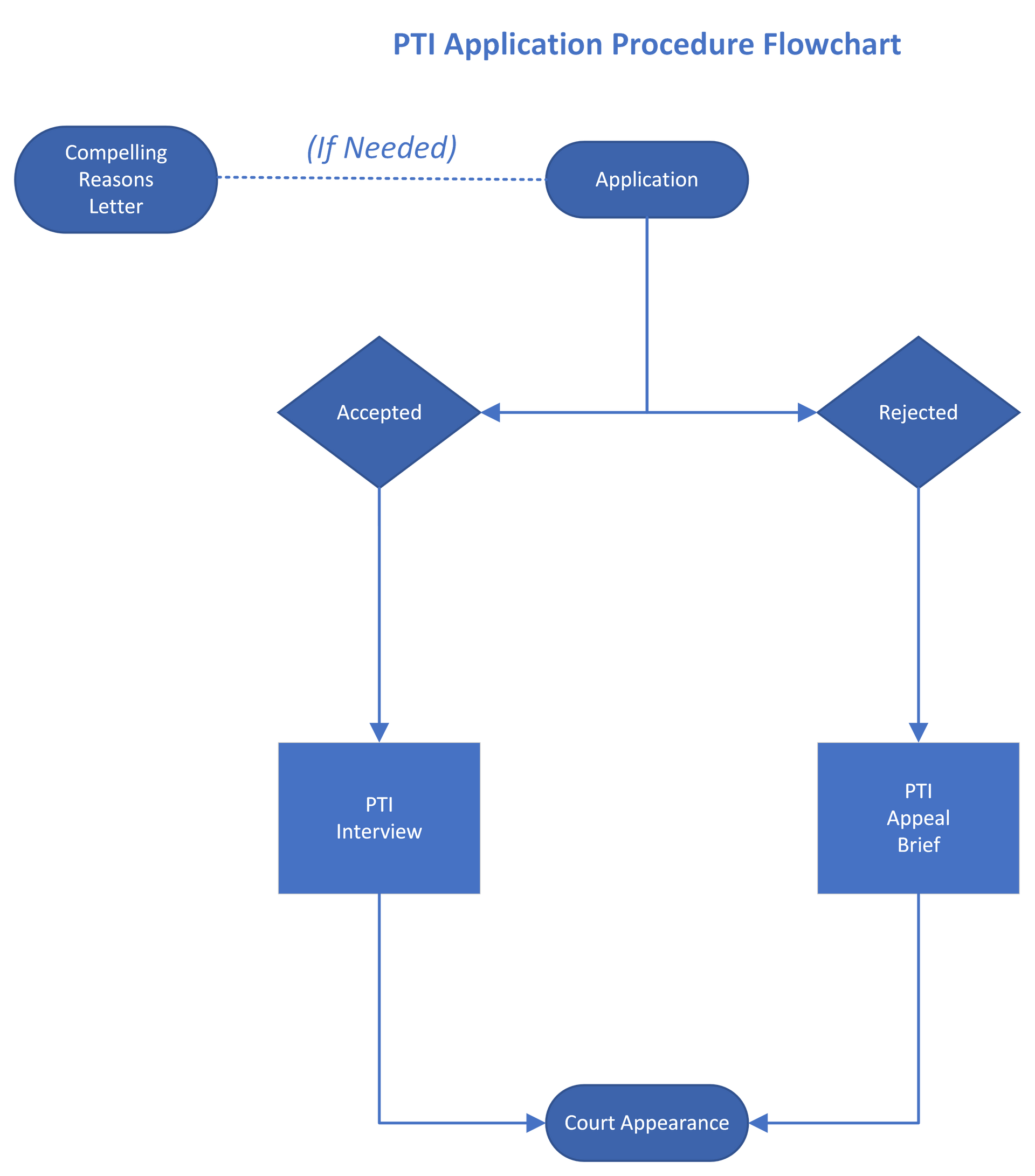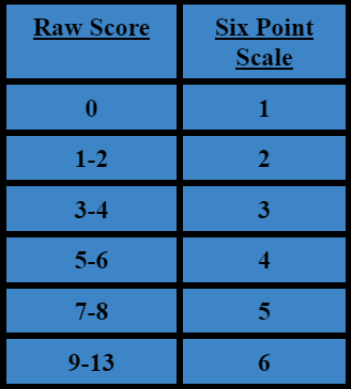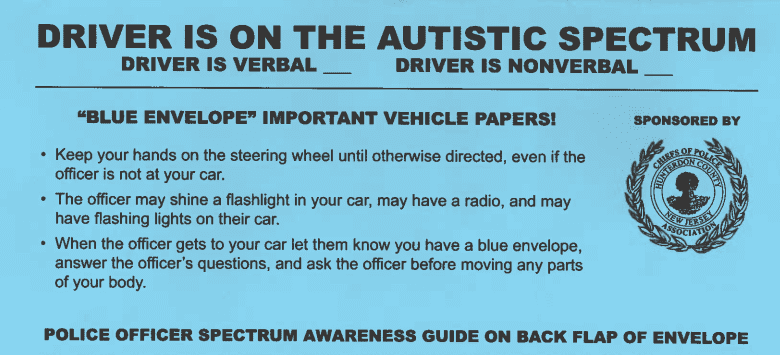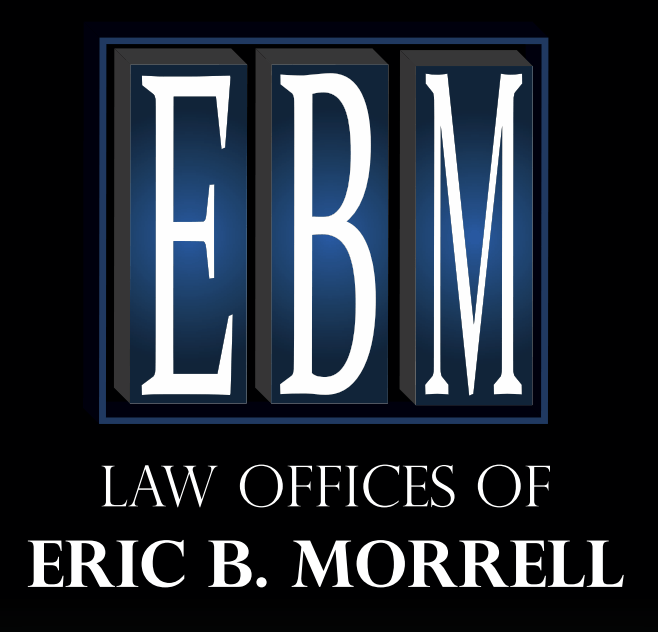By Tyler Norman
•
15 Dec, 2023
Background Have you or your organization ever received a letter from the Office of Student Conduct (OSC) at Rutgers University? Without the proper understanding of a Student Conduct case procedure, you may put yourself or your organization at risk for sanctions that exceed the true severity of your matter. At the Law Offices of Eric B. Morrell , our firm is knowledgeable of the Conduct Process and Appeal Process at Rutgers University. Student Organization Policy It is critical to be aware of the policies that your organization must comply with during your time as a student at Rutgers University. In the Rutgers Standards of Conduct for Student Organizations , it states that, “Student organizations that choose to be recognized by the University, accept the rights and responsibilities outlined in this policy and in their organization’s governing department.” Therefore, when your organization or an individual in the name of the organization violates the Code of Student Conduct, the organization will be held responsible for the incident(s). This often results in the OSC opening an investigation on the matter. The Office of Student Conduct has the authority to oversee the process for addressing cases of Student Organization misconduct and reserves the right to permit an organization’s sponsoring University department to address the matter. So, for example, the OSC can permit the OFSA (Office of Fraternity and Sorority Affairs) to address Greek life organizations that violate written University policies. Residence Life Policy In addition to the student organization policies, students also must abide by Residence Life Policies. Rutgers University lists all residence life policies, which is present in the resources section of this article. Although not all policies carry the same weight as others (e.g. Mural Painting Policy vs. Drug Policy), a violation may nonetheless result in intervention from the OSC. Therefore, it is imperative to be aware of all residence life policies. The Conduct Process Step 1: The Complaint Allegations of misconduct are collected in a variety of ways, but most commonly through: the corresponding campus’ reporting tool (this commonly occurs with instances of Student Organization misconduct), a reference from an RA or campus authority, and the RUPD. Evidence may be submitted in the forms of a police report, text messages, photographs, etc. This OSC will conduct a personal interview with the individual(s) making the allegations to answer any questions about the report and to gather information about possible witnesses. The person making the complaint will have the choice of disclosing their name or remaining anonymous. At the conclusion of verifying the information, the OSC will determine the validity of the allegation(s). This is the stage where Student Conduct will determine if there is enough information to charge the organization or person, if a formal investigation takes place, or if the matter should be handled informally. You will be notified of the next steps of the case, possibly with a synopsis of the incident, applicable charges, and recommended sanctions. Step 2: The Investigation Administrative Conference: Those involved in the allegations are often asked to have an Administrative Conference, which is an official meeting between an accused student and a Conduct Officer to determine whether the student has violated University policy. The Conduct Officer considers information and testimony from the accused student, the complainant, and any witnesses. Any student that provides false information is subject to additional charges. Both the complainant and the accused student may bring a Campus Advisor (A member of the RU community to help one navigate the disciplinary system) and a support person to the conference. Any individual that attends the conference with the accused student cannot speak or interact. If the accused student fails to appear to the agreed upon date/time, the Conduct Officer will proceed and make a decision based on the available information. The accused student is deemed not responsible unless the “preponderance of information” is adequate to persuade the Conduct Officer that it is more likely than not that the allegations are true. We recommend that all accused students attend their Administrative Conference, comply with the OSC, and answer all questions with true information. We also recommend for accused students to bring a campus advisor or a support person. It is important to gather as much information as possible about an accusation and to understand how much knowledge the OSC has of an incident. The extent of information that an accused student discloses during their Administrative Conference is under their own discretion. Step 3: Sanctions, Violations, and Restorative Measures Following an investigation, the OSC will provide the student (or Student Organization) with a verdict of alleged violations, along with possible sanctions and restorative measures. This letter will state if one is found responsible or not responsible for the initial applicable violations. If found not responsible for all charges, the case will most likely be dismissed. If found responsible for one or more charges, the OSC often puts sanctions or restorative measures in place. Examples of such include but are not limited to: Conduct Probation (possibly with conditions) Plan of Action Fines Class/Workshop attendance Conditional/Term Suspension Temporary/Permanent Removal We suggest that if you are recommended to attend workshops or treatment, that you enroll in them immediately. This also goes for paying fines. Step 4: The Appeal Process If you are unsatisfied with the result of your conduct case, you have the right to appeal the verdict. Be aware that appealing any disciplinary findings and/or sanctions does not guarantee change or a better result ; it is possible that it can result in harsher penalties. You are given ten days to submit their letter of appeal to the Senior Student Affairs Officer from the day of notice. Appealing an outcome falls under the grounds of the following: Unsupported Conclusion The decision is not supported by facts of the case. Procedural Error The disciplinary process was conducted unfairly and not in conformity with prescribed procedures that affected the outcome of the case. New Information There is new information available that was not available at the time of the original Investigation, Organizational Conference or Organizational Hearing and that it is sufficient to alter the original decision. Disproportionate sanctions The sanction imposed was not appropriate for the offense committed. While considering/preparing an Appeal, we encourage you to consult a Campus Advisor or a third party. Information for how to Appeal will be included in the rationale for the finding and sanctions. After submitting an Appeal, the Campus Appeals Committee will consider your appeal on the criteria that was provided in the appeal– from there, it will be determined whether the appeal should move forward. If the Appeal is accepted, a new hearing will be scheduled. If denied, the original sanctions, violations, and restorative measures will be enforced. Student Organizations have a similar Appeal process. Before appealing, determine which criteria best suits the Appeal. Explain in detail why it applies and develop arguments to support your claims. Communicate new information under your own discretion, as what you can say may be used against you to determine a new outcome. Hence, it is important to consult with a Campus Advisor or a third party to help you prepare your appeal. Student Organizations: The student organization conduct process is nearly identical to the standard process. Student Conduct has two procedures of investigating Student Organizations. Level 1 Investigation The OSC conducts an Investigation and/or an Administrative Conference The synopsis of the incident, applicable charges, and recommended sanctions may be sent to the organization’s president and advisor(s) of record. These matters typically involve, but are not limited to alcohol, financial misconduct, physical misconduct, and other health and safety matters. 2. Level 2 Investigation Level 2 investigations are initiated when a report alleging serious matters of misconduct such as hazing occur. The organization representative (typically the President) will receive written communication with directives informing the organization of any limitations or interim action the OSC has placed on the organization during the investigation process– such as Cease and Desist or Suspension of Organization Activity . Investigators will determine the necessary individuals to privately interview for the matter. Sexual Misconduct and Title IX: Rutgers Title IX policy prohibits actions such as sexual assault, dating violence, domestic violence and stalking, that occurs in a University education program or activity against a person in the United States, and is committed by a current Rutgers student, employee, or third party. A Title IX Conduct Case will proceed in two ways, in which are different from the standard process: Formal Resolution : (Roughly 90 business days, excluding all appeals processes) The Title IX Office conducts an investigation and separate disciplinary hearings and investigative interviews for the complaint party and responding party (Very similar to an Administrative Conference.) If the Responding Party is found responsible, consequences may include active sanctions (i.e. educational workshops, apology letter, reflection paper) and/or inactive sanctions (i.e. probation, suspension, expulsion). If the Responding Party is found not responsible, no sanctions are given. Informal Resolution: (Generally quicker than the Formal Process) There is no determination made about whether the Responding Party violated university policy; the focus is on repairing the harm through a remedies-based, structured interaction (independent of any actual or potential criminal, civil, or other court proceeding). The university proposes resolution option(s) and the parties voluntarily agree or decline. The goal is for both parties to voluntarily agree on such options. Resolution options include, but are not limited to: Mediation, Workshops (e.g. Consent Workshop), Individual Support (e.g. one-on-one counseling), and reading/listening to an impact statement. The complaint party decides their level of participation in the matter, while the responding party voluntarily agrees to the terms of a resolution agreement. If no resolutions are reached or terminated by any party (including the Title IX Office), the case may be resolved through the formal process Throughout both processes, you are permitted to have a support person of your choosing (such as a friend, parent, advocate or attorney) during any meeting throughout the process. In the event that a matter proceeds to a disciplinary hearing in the formal process, you have the right to have an advisor of your choice to conduct a cross-examination at the hearing. The advisor can be but is not required to be an attorney (costs incurred for having an attorney is your responsibility). If you do not want to hire an attorney, the university can provide you an advisor, for free, for the purpose of conducting a cross-examination within the hearing process. Our offices recommend complying with the Title IX Office throughout the entirety of the process. So, if the Title IX Office asks you to extensively participate throughout an investigation, abide by its requests; if you decline, the process will continue and it will most likely damage your chances for the best outcome possible. If you agree to a resolution in an informal process, fulfill all terms of the agreement. If you fail to complete the terms of a resolution agreement, you can be held accountable under the Code of Student Conduct. Contingent upon you needing an advisor for a cross-examination, Eric B. Morrell is committed to fight for you. He will take any steps necessary for the best possible outcome for your matter. Resources Standards of Conduct- Student Organization Policies and Procedures: https://studentconduct.rutgers.edu/sites/default/files/pdf/STANDARDS-OF-CONDUCT_aug11.pdf Rutgers Residence Life Policies: https://ruoncampus.rutgers.edu/policies#:~:text=Every%20student%20living%20within%20a,the%20uninvited%20intrusion%20of%20noise . Student Conduct Resources: https://studentconduct.rutgers.edu/resources Title IX and Grievance Procedures: https://policies.rutgers.edu/B.aspx?BookId=12105&PageId=459473&Search=Title%20IX%20Policy%20and%20Grievance%20Procedures Code of Student Conduct: https://policies.rutgers.edu/B.aspx?BookId=11912&PageId=459229&Search=university%20code%20of%20student%20conduct EBM Law’s Commitment The Law Offices of Eric B. Morrell , located at 142 Livingston Ave, New Brunswick NJ 08901 , is committed to helping our clients fight for the appropriate assessment. Eric B. Morrell has over 20 years of experience in defending clients with criminal charges. Some charges that he routinely deals with are: Criminal Defense DUI/DWI Guns & Weapons Crimes Pre-Trial Detention Hearings Expungements for Prior Convictions In reference to Rutgers Student Conduct cases, our offices have come across students in need of support for their matters. Our communications with the OSC have prepared us to address any issues that may arise in the assessment to represent you the best that we can. We will provide you with prestige advice and contest with the OSC to produce the best outcome possible. With proper review and a knowledgeable team, the Law Offices of Eric B. Morrell is prepared to guide you through a Rutgers Student Conduct case in a quick and effective manner.













